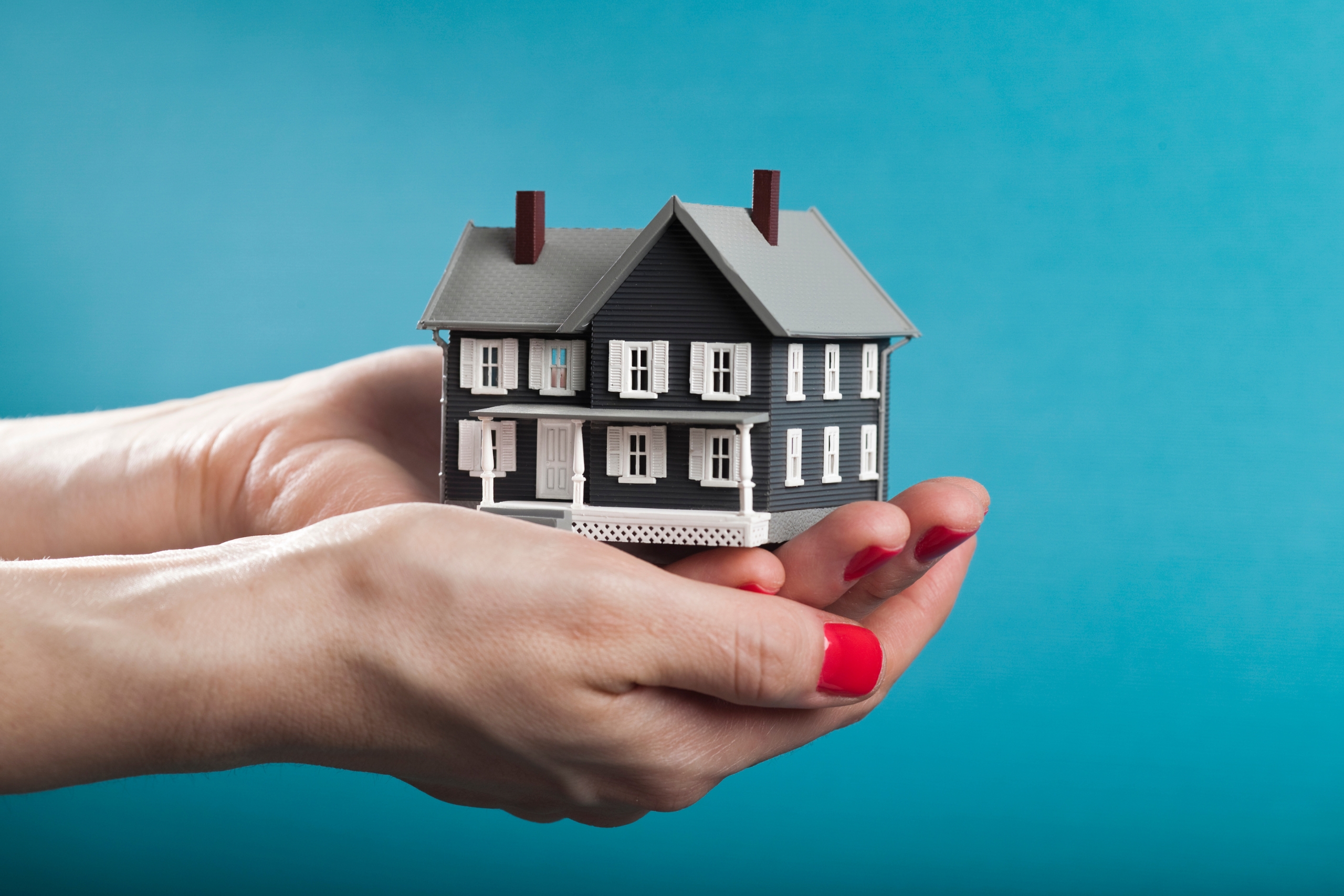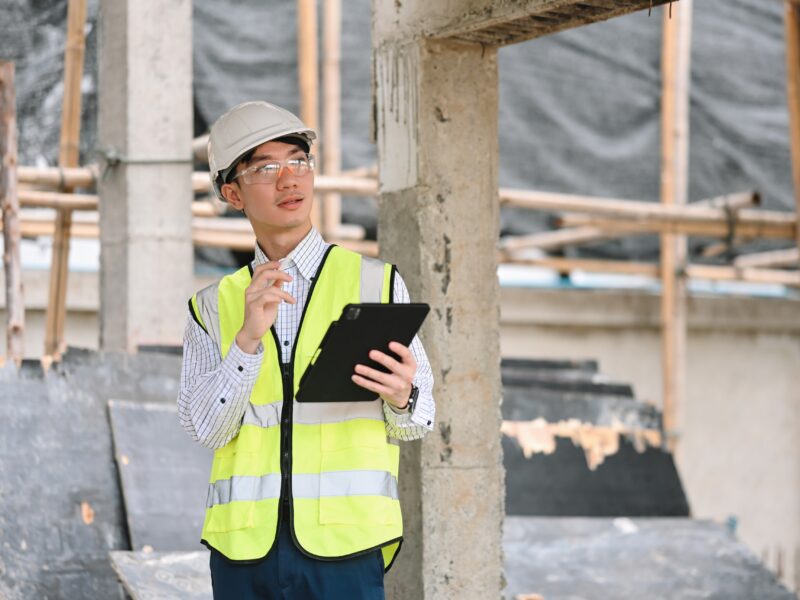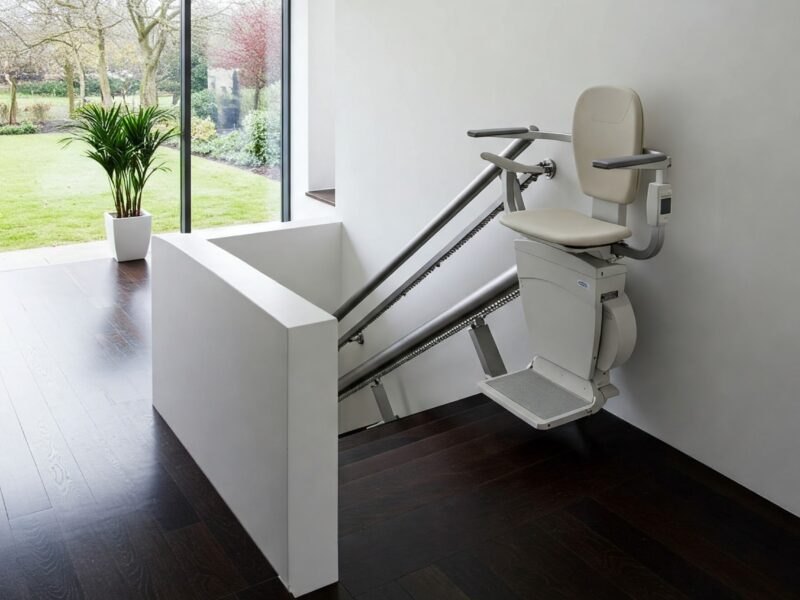A home is more than just a building; it’s where safety, identity, and a sense of belonging begin. People have been looking for places to find comfort, safety, and stability for hundreds of years, showing that having a home is not just a nice-to-have, but an obvious need for survival. It protects people from outside threats and bad weather and gives families a place to live where they can grow and do well. A home is more than just a building. It’s a place where people can feel safe, show their individuality, and keep cultural traditions alive.
In our fast-paced world, a home is even more important than before. As towns grow and people’s lives change, the home has become more than just a place to live. It’s now a place to work, learn, and hang out with friends and family. When people understand why homes are so important to people, they can enjoy not only their practical use, but also their deep emotional and social effects.
Shelter And Security
The most basic purpose of a house is to keep people safe and warm. A home protects its residents from weather, heat, and cold, which is important for life in a world that is hard to predict. In the past, people made homes not only to be comfortable, but also to keep themselves safe from animals and natural disasters.
Being safe isn’t enough to keep you safe. You feel safer, less stressed, and more stable when you have a home. Other people can’t get to the things that people store there, so they are safe. Feeling safe lowers stress and fear, which helps people focus on bigger goals.
A Place Of Identity
Each house tells you something about the person who lives there. What people value and who they are can be seen in the furniture they choose and how they arrange their rooms. Culture can also affect how a house looks and feels. You can find these in the building, in people’s habits, or in the things they do every day.
This link between home and personality is very important for growth. Kids learn right from wrong when they grow up in homes that love and care for them. The things they believe shape who they are and how they act in the world. This is why homes are strong places where people can be themselves and have fun.
Emotional Well-Being
And having a house is good for your mind. At the end of the day, people hang out here in a place they know well. You can calm down and feel less stressed when your home is quiet. Everyone in the family can share love, support, and experiences that will last a lifetime.
When you make a big choice in your life, you should think about how important a home is to you. Some people get dental implants abroad because they can get better care for less money, just like how people look for places that improve their lives. Health care that you can trust and a loving home life are both good for you in the long run.
Social Interaction And Belonging
A house is not only a spot to relax, but also a place where family and friends can get together. In this place, locals, friends, and family can get together. These sorts of bonds are highly crucial to our pleasure because they help us get along.
People who live in houses where it’s simple to meet new people and make a difference make their communities better. People may communicate to one other in their houses via common areas, cultural traditions, or local events. This makes the links between groups stronger. Community would not be able to stand on its own without the idea of home.
Economic And Practical Functions
Homes are safe places to live and good for the business. A lot of people think that getting a house is one of the most expensive things they will ever buy. It provides safety and long-term growth. Home is a good place to work, especially since more and more people do their jobs from home. It can also make you rich through respect.
Practical things like how close a home is to services, schools, and work show how important it is in everyday life. The best home is one that is easy to use and doesn’t cost too much. This helps people form habits and organise their money.
Cultural And Generational Value
Homes often have cultural and historical value because they show family history and traditions. From one family to the next, homes are passed down with their history and traditions. It’s like a living library, these places keep traditions alive and memories safe.
The most important thing about homes stays the same even though they are built and used in different ways in different places. Home is what brings people together. We all want to feel safe and like we belong, whether we live in a swanky flat or a traditional family home.
A Foundation For The Future
Last but not least, a place is where new lives start. That’s where going to school, getting ahead at work, and becoming a better person all start. People who live in safe homes can focus on their goals without having to worry about being in danger or not being able to stay put all the time.
Having a safe and loving home as a child gives them the mental and emotional tools they need to do well in life. It’s also good for people to have a place that helps them concentrate, be artistic, and rest. It will make their future happier.
Conclusion
Without a question, everyone needs a home for many reasons, such as their own health, their mental health, their social life, and their finances. People can live there, and it helps them figure out who they are, boosts their mental health, and strengthens group bonds. A home is an investment in safety and stability, just like getting dental implants abroad for long-term health is an investment in safety and stability. A building isn’t just a building; it’s the hub of life and shapes how people grow, bond, and do well. There are so many great things about having a home. It’s an important part of being human and a key part of being happy and satisfied.


